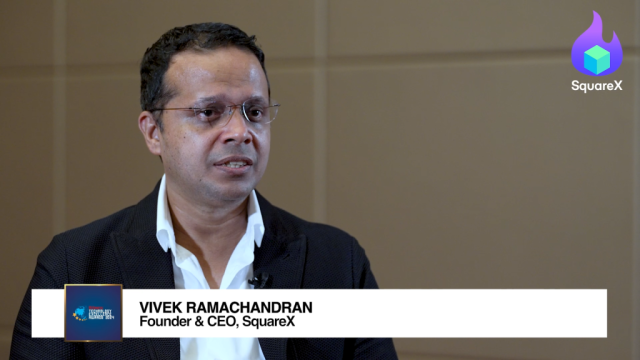
Asia’s steel sector stable over the next 12-18 months
But don’t be too confident, as Moody's Investors Service says that this outlook has a negative bias.
According to Moody’s, the negativity is due to the overcapacity that weighs on prices and profits, low self-sufficiency and quarterly pricing that also constrain margins, and rising leverage among Asia’s steelmakers.
Here’s more from Moody’s:
| Moody's expects that a slowing of new additional steel capacity in China, continued growth in steel consumption in emerging markets, and a pick-up in medium-term demand from Japan will support a continuation of the industry's stable outlook. "China's clamping down on its property sector and restriction of credit growth will slow the country's demand for steel, but a slower pace of adding new capacity there will offset the negative impact," says the lead author of the report, Jiming Zou, a Moody's analyst in Hong Kong. "Moreover," Zou adds, "future consolidation and acquisitions of mines to boost self-sufficiency in raw materials should enable steelmakers to achieve better cost structures and bargaining power—both with suppliers and customers." A second author of the report, Kenji Okamoto, a Moody's senior analyst in Tokyo, expects that the aftermath of Japan's earthquake and tsunami will support medium-term demand for steel. He says, "The disaster of March 11 will require an estimated US$300 billion in rebuilding—half the size of China's now-ended stimulus program, but sufficient to drive demand later this year for long products used in replacing damaged buildings and infrastructure. Japanese steelmakers, now facing overcapacity, are likely to supply most of this demand." However, Moody's notes several concerns that create a negative bias to the stable outlook. A third contributor to the report, Chris Park, a senior credit officer with Moody's in Hong Kong, says, "Persistent overcapacity in China, sizeable capacity expansion in Korea, and longer-term capacity increases in India, as well as a current glut in a sluggish Japanese market should constrain price increases and trim margins." Park adds that Asian steelmakers' low self-sufficiency and quarterly pricing further constrain margins. He says, "At a time of high and volatile iron ore and met coal prices, the relatively low rate of in-house sourcing of raw materials for most Asian steelmakers keeps margins down. Likewise, the quarterly pricing system implemented last year works to the advantage of more-concentrated suppliers to a fragmented industry that, at best, faces a lag in passing on price increases and at worst, must absorb higher costs." A fourth contributor, Alan Greene, a senior credit officer in Moody's Singapore office, explains a final factor in the negative bias to the stable outlook: an expectation of rising leverage. He says, "Lower profits resulting from a squeeze on margins, a need for higher levels of working capital to pay for costlier raw materials, the buying of overseas mines to increase self-sufficiency, and in China, consolidations via mergers and acquisition, will raise gearing levels." |
Photo credit: WSDOT
























 Advertise
Advertise









